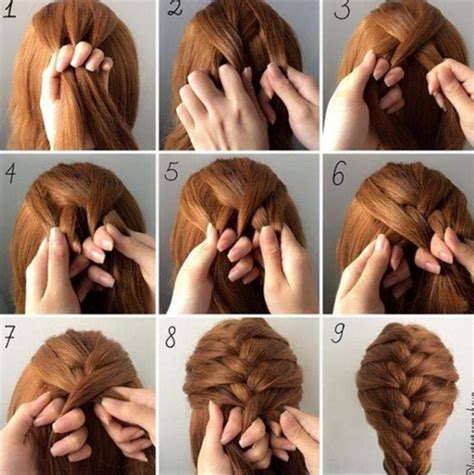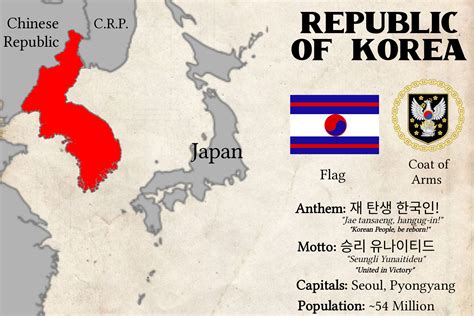Learn about the effects of hard water on hair, signs of damage, and how to prevent and treat it effectively. Essential information for better hair care.
Understanding Hard Water
Contents
Hard water is a term used to describe water that contains high levels of minerals, such as calcium and magnesium. These minerals can have negative effects on your hair and skin, as well as on your plumbing and household appliances.
When hard water comes into contact with your hair, it can leave behind a residue that makes your hair feel dry and dull. This residue can also make it difficult to lather shampoo and can lead to buildup, resulting in hair that looks and feels dirty even after washing.
Additionally, hard water can cause your hair to become tangled and harder to manage, leading to breakage and split ends. If left untreated, the effects of hard water can lead to long-term damage to your hair, making it important to understand the signs and prevent further damage.
To determine if you have hard water, you can have a water test performed or look for signs such as white or yellowish deposits on faucets and showerheads, soap scum in sinks and bathtubs, and clothing that feels stiff and rough after washing. Once you understand the impact of hard water on your hair, you can take steps to prevent and treat these effects.
Effects of Hard Water on Hair
Effects of Hard Water on Hair
Hard water can have a significant impact on the health and appearance of our hair. When we wash our hair with hard water, the minerals it contains, such as calcium and magnesium, can react with the natural oils in our hair, leaving behind a residue that makes our hair feel dry and look dull.
Additionally, the minerals in hard water can also strip away the natural protective layer of our hair, making it more prone to damage and breakage. This can lead to split ends, frizziness, and an overall lack of manageability.
It’s important to pay attention to the effects of hard water on hair and take steps to minimize them. This may include using clarifying shampoos and conditioners specifically designed to remove mineral buildup, as well as incorporating regular deep conditioning treatments into your hair care routine.
If you suspect that your hair is being negatively impacted by hard water, consider investing in a shower filter that can help remove impurities and mineral deposits, leaving your hair feeling softer and looking healthier.
Overall, being aware of the effects of hard water on hair and taking proactive measures to counteract them can help you maintain the health and beauty of your hair, regardless of the water quality in your area.
Signs of Hard Water Damage
Hard water is a common issue in many households, but its effects on our hair and skin can be quite concerning. If you’re experiencing dry, dull, or brittle hair, it could be a sign of hard water damage. Breakage, split ends, and difficulty lathering shampoo may also indicate the presence of hard water in your home. Additionally, if you notice a build-up of mineral deposits on your showerheads, faucets, and other plumbing fixtures, it’s likely that your hair is also being affected. These are all signs that the minerals and chemicals present in hard water are taking a toll on your hair, making it important to take action to address the issue.
Another common sign of hard water damage is the presence of dull, lifeless hair that is difficult to style and manage. Due to the mineral accumulation from hard water, hair can become weighed down and lackluster, leading to a loss of shine and vibrancy. In some cases, hard water can also cause the scalp to become dry and itchy, further exacerbating the problems associated with this type of water. If you have noticed these signs, it’s essential to take steps to combat the effects of hard water on your hair.
In addition to the visible effects on your hair, hard water can also lead to residue build-up on your scalp, which can result in an itchy or flaky scalp. This can be a source of frustration and discomfort, but it’s an important indicator of hard water damage that should not be ignored. By addressing the signs of hard water damage, you can prevent further harm to your hair and scalp, and improve the overall health and appearance of your hair.
If you are experiencing any of these signs of hard water damage, it’s crucial to take action to prevent further harm to your hair. One solution is to invest in a water softening system for your home, which can help to remove the minerals and chemicals that are causing the damage. Additionally, using clarifying shampoos and deep conditioning treatments can help to combat the effects of hard water and restore moisture and shine to your hair. By being proactive and addressing the signs of hard water damage, you can improve the health and appearance of your hair, and prevent further damage in the future.
Preventing Hard Water Damage
Hard water can be damaging to your hair, causing dryness, breakage, and dullness. It can be frustrating to deal with, but there are measures you can take to prevent hard water damage.
One effective way to prevent hard water damage is by using a water softener. Water softeners work by removing the minerals that cause water to be hard, such as calcium and magnesium. By using a water softener, you can significantly reduce the negative effects of hard water on your hair.
Another way to prevent hard water damage is by using a clarifying shampoo regularly. Clarifying shampoos are specifically formulated to remove mineral buildup and residues from the hair. By using a clarifying shampoo, you can help prevent the dullness and dryness often caused by hard water.
It’s also important to protect your hair from the damaging effects of hard water. You can do this by wearing a swim cap when swimming in pools with hard water, and by rinsing your hair with bottled water after swimming. Additionally, consider using a leave-in conditioner or hair mask to help protect and moisturize your hair.
Treating Hard Water Effects
Hard water can have a significant impact on the health and appearance of your hair. If you have noticed that your hair is dry, brittle, and difficult to manage, it may be a result of the minerals present in your water. One way to combat the effects of hard water on your hair is by using a clarifying shampoo on a regular basis. This type of shampoo is designed to remove the build-up of minerals and impurities from your hair, leaving it feeling softer and more manageable.
Additionally, using a deep conditioning treatment can help to restore moisture to your hair and repair any damage caused by hard water. Look for products that are specifically formulated for hard water sufferers, as they will often contain ingredients that help to neutralize the effects of the minerals present in the water. It is also important to limit the use of heat styling tools, as these can further damage hair that has been affected by hard water.
Another method for treating the effects of hard water on your hair is to install a water softener in your home. A water softener works by removing the minerals that cause water to be hard, leaving you with softer water that is gentler on your hair and skin. If you are unable to install a water softener, using a shower filter can also help to reduce the impact of hard water on your hair.
Finally, getting regular trims can help to remove any damaged or split ends caused by hard water, leaving your hair looking healthier and more vibrant. By taking these steps to treat the effects of hard water on your hair, you can help to ensure that your locks look their best, no matter the quality of your water.













